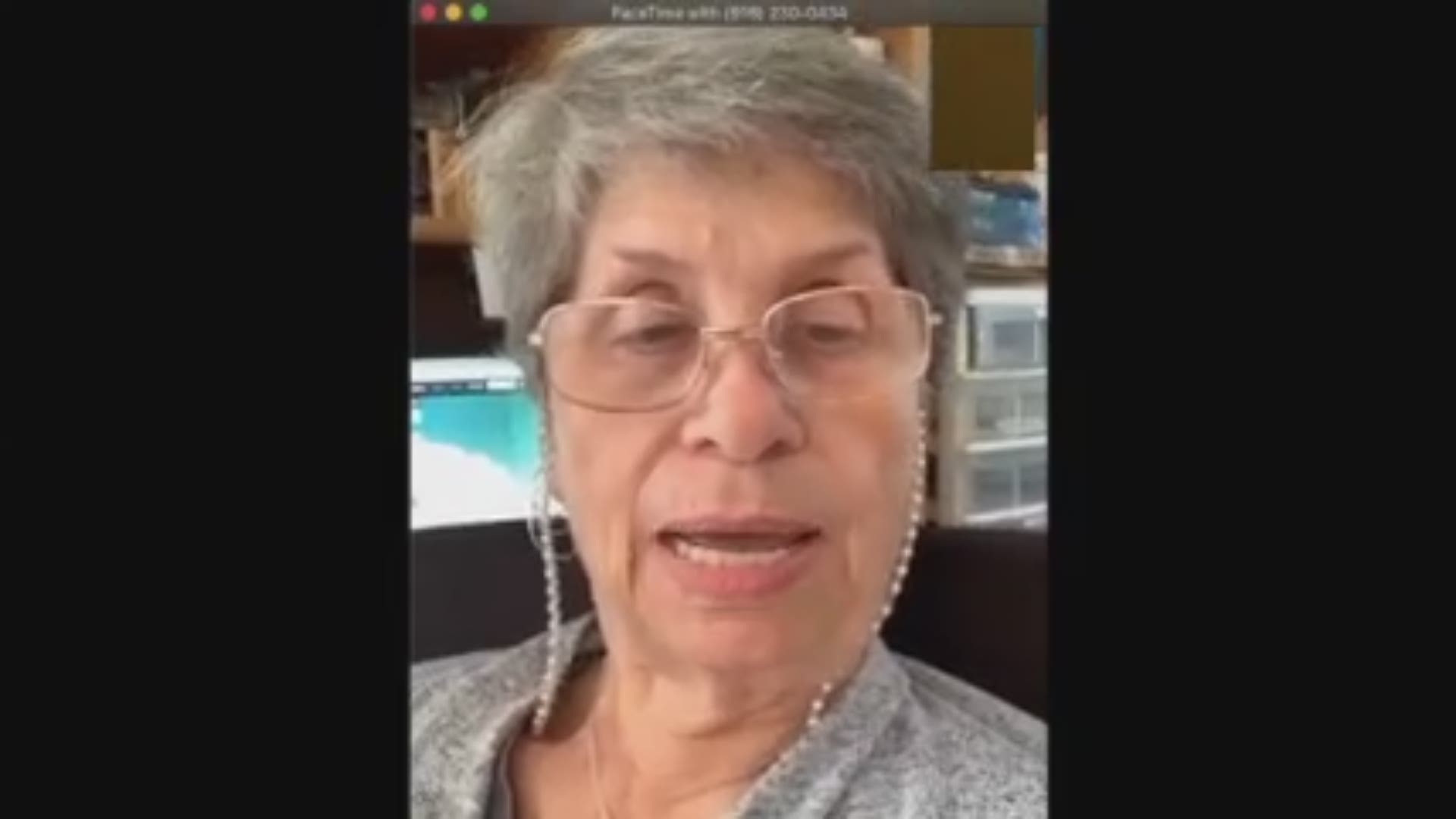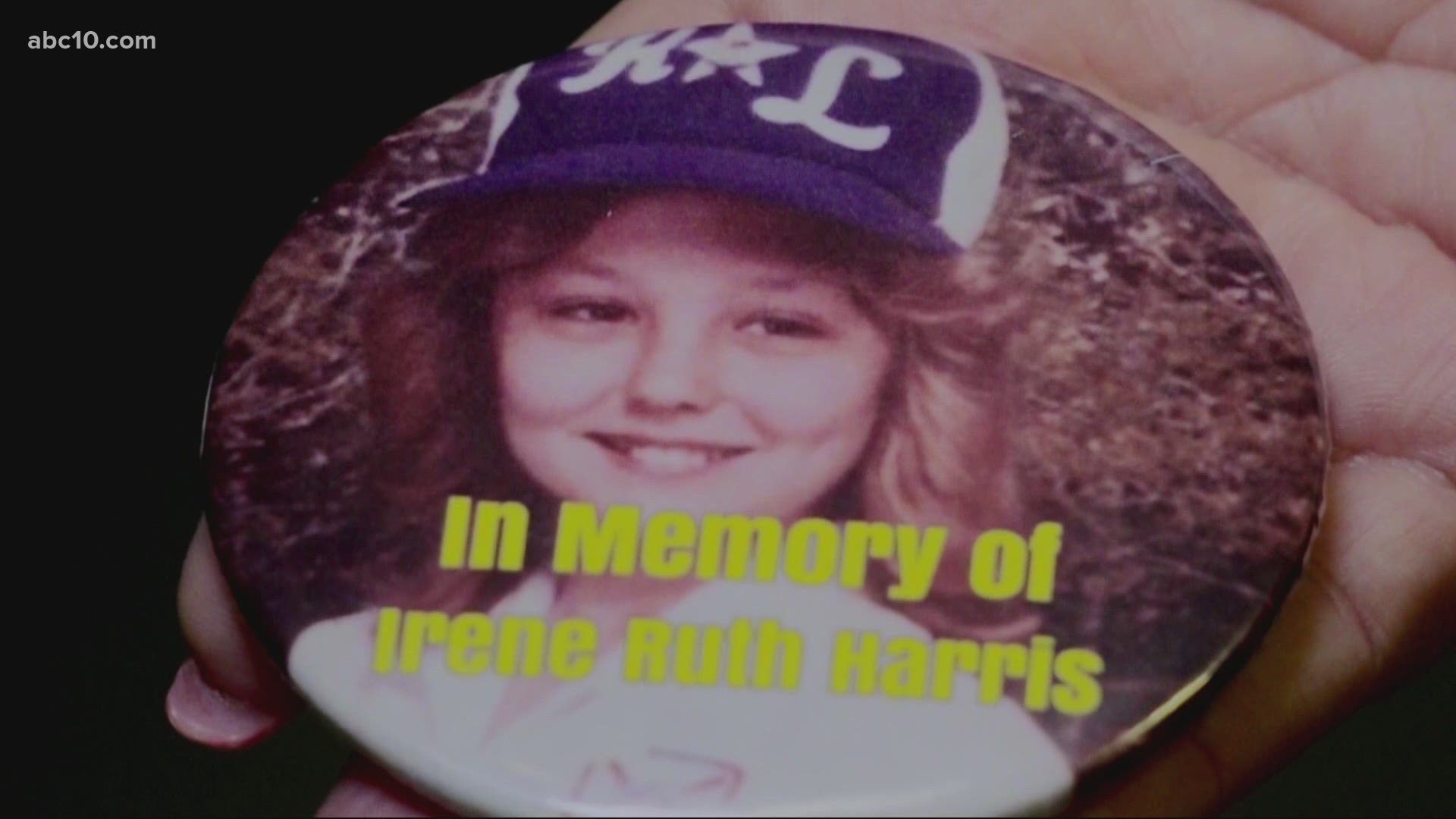ELK GROVE, Calif. — The idea of "essential" has changed a lot over the last few months. Many have wondered what makes something essential during this time — what job, business, or activity is deemed necessary during a pandemic?
Though childcare professionals are often working on the front lines of the pandemic, many feel forgotten.
"We are the invisible essential worker," said Pat Alexander, a childcare provider and early educator in Elk Grove.
The need for childcare workers is clear. Essential employees with children are increasingly in need of care options in the Sacramento area. In El Dorado County, demand has led to the creation an Emergency Childcare Task Force, recruiting early educators for essential workers.
And yet, many childcare providers are struggling. Non-essential employees with children now have to stay at home, causing some childcare providers to lose their sole income, while options for financial assistance have been slow to arrive.
Like most, Alexander is an in-home family child care provider. She takes care of up to 14 children at any given time. Before COVID-19, Alexander was almost at full capacity with 13 in her care.
An early educator, Alexander runs her preschool program from 7 a.m. to 5:30 p.m., caring for a group of mixed-aged children. She also helps other providers in the community find opportunities in care giving and is an active member in Child Care Providers United, the California union for child care workers.
Then came the virus.
"Everything just kind of like shut down almost instantly," Alexander said. "We're confined to home… The first couple of weeks wasn't too bad, but then finally parents were starting to have to stay home and that meant children were staying home."
Her group of 13 is down to just three. Despite the small group size, there is a lot of upkeep.
Alexander sanitizes hands before they can pick up a pen. She sanitizes surfaces and items that the children will grab. She takes off shoes, jackets and backpacks and leaves them outside.
"[We're] implementing a whole different standard of sanitizing and trying to keep things up to standard," Alexander said. "Nothing comes in the house, [nothing] goes out with the kids–doesn't get us infected, keeps our family safe, their family safe… It's been very traumatic."
There is an entire procedure now that begins at home, where parents are required to do a health check. There's a "curbside drop-off" to allow the parents and child care provider to remain physically distant. Alexander tries to focus on activities that allow for the children to be as separate as possible throughout the day.
"We're very family orientated here as a lot of child care providers are, so it just feels kind of cold now, you know? Not as personal."
Alexander works with her husband to keep the preschool running up to these standards. Her daughter, also a child care provider, was laid off amid the coronavirus pandemic and is currently also aiding in the care.
The kids at home, taken out of their routines at preschool, will have to make the adjustment all over again when things begin to reopen. Since these new sanitizing measures are unlikely to go away in the near future, child care providers will have their hands full trying to keep up with safety measures.
Without hands-on learning, it's just about trying to keep everyone connected.
"We've done some live Facebook things where I've had the kids on," Alexander said. "They could talk to their friends at home, and we've done story time too, where their friends at home could see."
While she continues to provide children in her care with a stable environment, Alexander is in a difficult financial situation and is struggling to find options.
"Some providers had literally closed down and can't even see re-opening again," Alexander said. "It was that bad. They lost their businesses."
After 50 years, Alexander thinks her business may be going the same way. She predicts a dramatic drop in the number of child care providers in the state by the time the pandemic runs its course. She is looking now to California and the Child Care Union working together to provide some much needed relief.
"Our organizers are out there day and night, taking in calls, and are just working tirelessly so that we can continue to work," Alexander said.
Child care providers who are self-employed can file for Pandemic Unemployment Assistance. The application only recently opened on Tuesday, but benefits are retroactive to Feb. 2. Still, this is far from the light at the end of the tunnel for some workers.
Another option is to take on kids that are not part of the normal program: the children of essential workers and other parents in need.
There are child care providers that Alexander knows of that have managed, but she says she "couldn't afford to take that risk," at least not lightly.
With her core group of three, bringing in a new child could be dangerous for all, so Alexander is in the process of accepting applications and interviewing for open spots within her care.
At the same time, the local community of child care providers and early educators are still trying to support one another.
"We're just doing whatever we can," Alexander said. "We help each other. One provider might be low on something. Another provider, a couple of providers, will take something to them. So we're sharing resources that way too. We're trying to help each other out."
FOR NEWS IN YOUR COMMUNITY, DOWNLOAD OUR APP:
►Stay In the Know! Sign up now for the Daily Blend Newsletter





